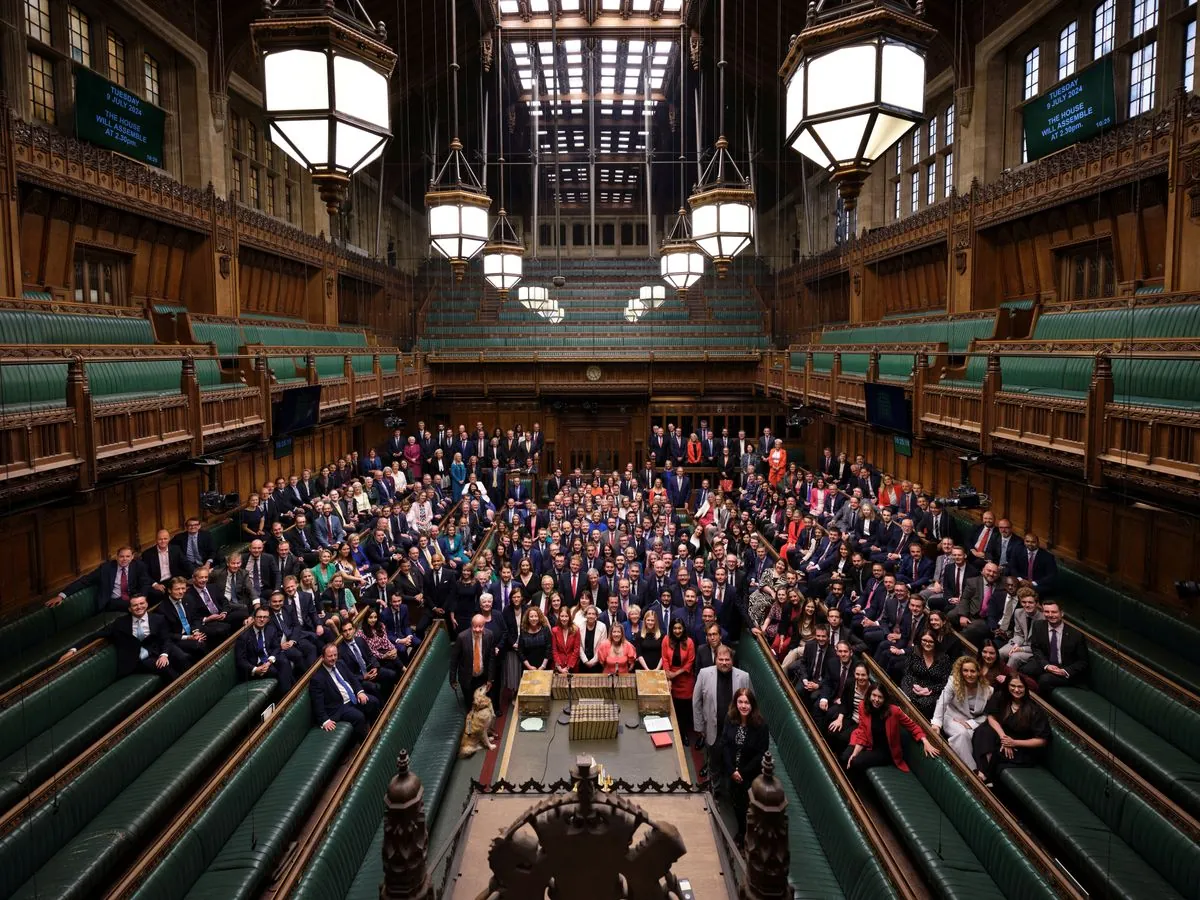UK Immigration Policy: Balancing Public Concerns and Economic Needs
A critical examination of UK's immigration challenges, proposing stricter controls and prioritizing domestic workforce. The article addresses housing pressures and suggests policy reforms to align with public sentiment.

In the realm of UK politics, immigration remains a contentious issue that demands a nuanced approach. Politicians often discuss immigration solely in terms of public concern, but a more comprehensive understanding is crucial for effective policymaking.
Nigel Farage's popularity on this issue stems from his direct communication style, which resonates with voters frustrated by unfulfilled promises to reduce immigration numbers. The Conservative Party's failure to meet its immigration reduction targets has eroded public trust, despite other governmental achievements.
Recent data indicates that some measures are beginning to impact immigration figures. However, more robust actions are urgently needed to address public concerns. The strain on local infrastructure, including schools and healthcare services, is a significant issue that cannot be ignored.

To address these challenges, a hard cap on net immigration below 100,000 could be considered. Given the recent high levels of net migration, which reached a record 745,000 in 2022, an even lower temporary cap might be warranted. This approach aligns with the UK's points-based immigration system introduced in 2020, which aims to attract skilled workers while controlling overall numbers.
The impact of immigration on housing is particularly concerning. The UK's housing shortage, estimated at 4 million homes, is exacerbated by high immigration levels. The current housing target of 300,000 units per year, which hasn't been met since 1970, was based on an assumed net migration of 170,000. With actual figures far exceeding this, the housing crisis is intensifying, pushing younger generations out of the property market.
To address this issue, a "Housing Lock" could be incorporated into the migration cap. This would require ministers to implement urgent measures to reduce immigration if housing stock doesn't increase sufficiently to accommodate new arrivals. This approach recognizes that the UK's housing market and planning system are not responsive enough to sudden increases in demand.
Economically, the UK must reduce its reliance on migrant labor. A cross-government taskforce could explore ways to fill vacancies with British workers, focusing on shortage hotspots. This initiative could be branded as "Recruit Britain," emphasizing domestic talent utilization.
Practical steps could include reintroducing the requirement for companies to advertise jobs domestically before seeking foreign workers. Additionally, tax incentives for companies investing in skills and apprenticeships for British workers could be implemented through a Business Rebate for Investment in Training and Skills (BRITS) scheme.
"We have to be honest and say that the Conservatives in government simply did not deliver the changes we needed on migration. People are angry and they want to see the numbers come drastically down – and I agree with them."
The Conservative Party must acknowledge its past failures in managing immigration to regain public trust. With the UK's population projected to reach 70 million by 2029 and ongoing challenges in sectors like healthcare, where 170,000 non-British nationals work in the NHS, a balanced approach is crucial. This strategy must address public concerns while ensuring the UK's economic needs are met in a post-Brexit landscape.


































